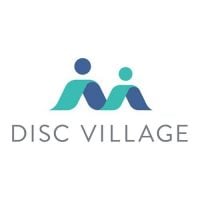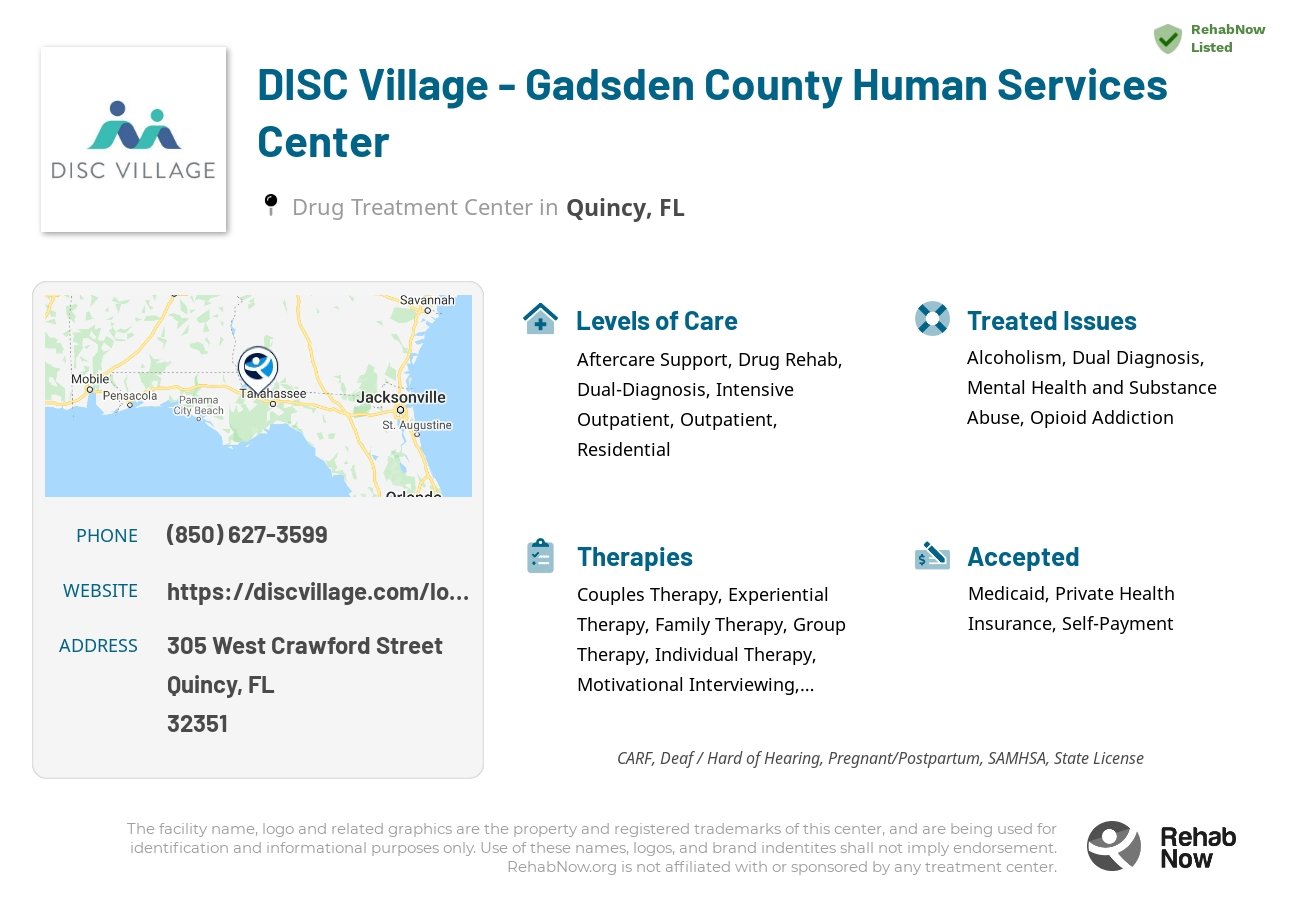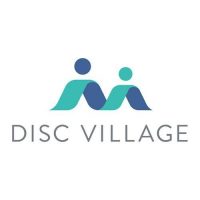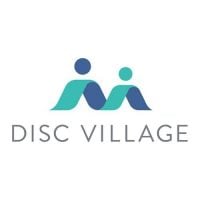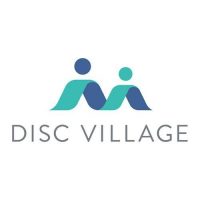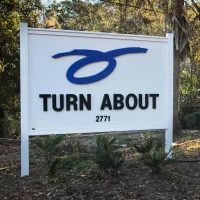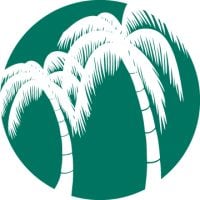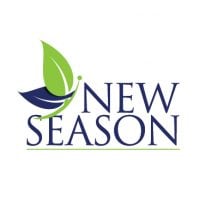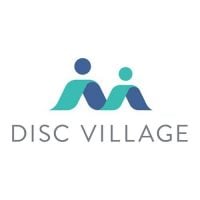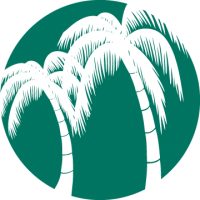DISC Village - Gadsden County Human Services Center
Drug Rehab Center in Quincy, Florida
DISC Village Gadsden County Human Services Center offers evidence-based treatment for addiction and behavioral health issues in Quincy, Florida, including inpatient residential care, intensive outpatient services, and aftercare support, utilizing a range of therapeutic techniques and providing education and support in a safe sober-living environment.
About This Florida Facility
Located in Quincy, Florida, DISC Village - Gadsden County Human Services Center stands out for its comprehensive approach to overcoming substance abuse. It caters to adults battling addictions by offering a broad spectrum of services, from mental health assessments and intensive outpatient programs to medication-assisted treatment and youth services. This center champions a blend of evidence-based therapies and personalized care plans to pave a solid path towards recovery.
- Personalized Treatment Plans: Tailors recovery paths to fit the specific needs of each individual, enhancing the journey towards sobriety.
- Wide Range of Services: Offers everything from mental health assessments to medication-assisted treatment, addressing all aspects of addiction.
- Youth Services: Emphasizes support for adolescents with substance misuse issues, focusing on mental health, self-sufficiency, and self-esteem through a community-based approach.
DISC Village - Gadsden County Human Services Center is not only accredited by CARF and SAMHSA but also holds a State License, underscoring its commitment to the highest standards of care. The facility recognizes the complexity of addiction, providing a spectrum of treatment options including detox, residential therapy, outpatient services, and intensive outpatient programs.
The center tackles a wide array of addiction and substance abuse issues, focusing on alcoholism, opioid addiction, dual diagnosis, and drug addiction. Treatment methods encompass evidence-based therapies across different levels of care, including medication management, counseling, and peer support groups, all tailored to assist clients in achieving long-term sobriety.
Genders
Ages
Modality
Additional
Accreditations
State License
SAMHSA

CARF
The Commission on Accreditation of Rehabilitation Facilities (CARF) is a non-profit organization that specifically accredits rehab organizations. Founded in 1966, CARF's, mission is to help service providers like rehab facilities maintain high standards of care.
Conditions and Issues Treated
Opioid addiction treatment should be done in a medically supervised drug rehab. Opioid addiction treatment will include detoxification and drug rehab counseling to help both the user and their loved ones learn how to live a successful sober lifestyle. Methadone, buprenorphine, and naltrexone are three medications that can help treat opioid addiction. Individual drug rehab counseling sessions can be helpful to discuss any questions or concerns with the drug treatment program.
When addiction and psychiatric issues co-occur, the addict’s recovery is more successful when both conditions are treated. A dual diagnosis refers to a condition in which the patient is diagnosed with two health issues: addiction and bipolar disorder.
Usually, dual diagnosis sufferers are prescribed a combination of treatments for each condition. The most common therapies are psychotherapy, behavioral therapy, spiritual counseling, 12-step programs, and medication management.
Psychiatric conditions are an obstacle to recovery because they can create roadblocks to a healthy lifestyle. Drugs and alcohol may be used as a means of self-medication, which can have dangerous consequences. Over time, addicts build up a tolerance and suffer withdrawal symptoms when drug use is stopped.
With the proper treatment, dual diagnosis sufferers can overcome their conditions and achieve lasting sobriety.
Levels of Care Offered at DISC Village - Gadsden County Human Services Center
This center offers a variety of custom treatment tailored to individual recovery. Currently available are Aftercare Support, Drug Rehab, Dual-Diagnosis, Intensive Outpatient, Outpatient, Residential, with additional therapies available as listed below.
The Intensive Outpatient Program at DISC Village - Gadsden County Human Services Center is for those who need intensive care but would rather get it in the comfort of their own home. The treatment programs vary in duration and intensity and can be tailored to suit the individual’s needs. IOP helps the patient to live at home and gradually get back to their routine life.
Daily trips to the hospital that provides the treatment include intensive outpatient services (IOP). The patients gradually get back to their everyday lives. IOP benefits the most when the patients have a supportive family member or friend who can encourage them in their recovery.
Individuals struggling with drug addictions can get help from several treatment options, including inpatient and outpatient programs. Outpatient drug treatment programs can also provide patients with different levels of care, usually depending on the patient’s degree of addiction.
At an outpatient program in Quincy, a patient will attend a recovery program during the day and return home in the evening. Suppose a patient is struggling with drug addiction. In that case, an outpatient program can serve as an effective transition point during the recovery process.
Residential treatment programs are those that offer housing and meals in addition to substance abuse treatment. Rehab facilities that offer residential treatment allow patients to focus solely on recovery, in an environment totally separate from their lives. Some rehab centers specialize in short-term residential treatment (a few days to a week or two), while others solely provide treatment on a long-term basis (several weeks to months). Some offer both, and tailor treatment to the patient’s individual requirements.
Aftercare is a part of drug rehabilitation. It is also known as “post-treatment support.” Aftercare programs are available for addicts after they complete drug rehab. It is often the final step in the recovery process. The goal of aftercare is to ensure that addicts maintain their achievements in rehab and do not relapse. Professionals generally provide aftercare (including addiction therapists, physicians, social workers, psychologists) and involve individual and group therapy sessions.
Therapies & Programs
Individual therapy is a critical component of addiction recovery. It allows the patients to go deep into their core issues and discover how to handle those problems better. Therapy can be conducted in individual sessions as well as group settings. In individual therapy for addiction, the patient meets with their therapist one-on-one to focus on the underlying issues. This allows patients to open up and discuss personal topics they may not feel comfortable discussing in a group setting. This type of therapy can help develop solutions specific to each patient, which helps speed up the recovery process.
Couples therapy is beneficial for couples in which at least one partner has a substance use disorder. This type of therapy can help partners improve communication skills, which is an important factor in a healthy relationship. It can also help partners better understand one another so they have a greater understanding of how the other partner may be feeling.
Benefits of couples therapy include:
- Improvement in communication skills
- Increased understanding of the dynamics within a relationship
- Increased sense of support and trust in the relationship
- Better teamwork between partners/increased willingness to listen and work together
- Enhanced tolerance of each other’s shortcomings
- Improved ability to have open, honest communication with each other
Family therapy is a crucial part of drug treatment and getting sober. It is one of the most effective ways to help addicts stay on the path to long-term sobriety. When a drug addict decides that they want to try and get sober, it takes the support of every person they love to succeed. It can be incredibly difficult for loved ones to watch an addict go through the pain and suffering of withdrawal, but by being there with them and supporting them, they can help to make sure that the addiction never returns.
One of the most important parts of family therapy is the relapse prevention plan. During treatment, therapists and doctors will often sit down with the addict and their family to develop a plan in case the addict ever feels like they want to use again. This plan should involve steps the addict and family can take together to prevent them from relapsing in the future. An addict’s family can play a vital part in helping them to avoid relapse because they can spot the warning signs and help them get back on track before it becomes too much of a problem.
Group therapy helps prevent addicts from feeling isolated or unique in their situation by offering a sense of comfort and fellowship. It also creates a forum for addicts to build their support systems and learn from each other. The group therapy sessions at DISC Village - Gadsden County Human Services Center occur in a group setting rather than one-on-one to create a safer, controlled environment where addicts feel comfortable.
Trauma therapy helps people dealing with addiction by allowing them to confront the traumas of their past and move past them. It is important to note that trauma therapy should not be confused with PTSD (post-traumatic stress disorder) Rather, it is used to treat the effects of trauma, which are often at the root of addiction.
Cognitive Behavioral Therapy (CBT) is a common therapeutic approach to help drug addicts. It teaches addicts new ways of thinking and behaving so that they can avoid relapse. There are several forms of CBT used in drug rehabilitation centers.
Cognitive Restructuring helps addicts identify faulty, negative thinking so that they can work together with the therapist to find healthier ways of thinking, resulting in better decision-making.
Cognitive Behavioral Therapy for Addiction uses the principles of CBT to help treat addiction. It focuses on specific aspects of each person’s thinking, feeling, physiology, and behavior. It aims to identify specific problems in these areas and create a personalized treatment strategy.
Patient Experience
Experiential Therapy at DISC Village - Gadsden County Human Services Center
Experiential Therapy is a new approach to addiction treatment. Addiction-related psychological issues like depression and anxiety are addressed through physical activities.
Experiential Therapy can help those who have struggled with past traumas or life decisions like drug use. It allows people to gain new perspectives on their behavior patterns by recreating experiences in healthy ways rather than continuing old habits that may no longer serve them well.
Payment Options Accepted
For specific insurance or payment methods please contact us.
Is your insurance accepted?
Ask an expert, call (888) 674-0062
DISC Village Associated Centers
Discover treatment facilities under the same provider.
- DISC Village - Woodville Campus in Woodville, FL
- DISC Village - Adult Outpatient in Tallahassee, FL
- DISC Village - Taylor Adult Outpatient in Perry, FL
- DISC Village - Franklin County Human Services Center in Apalachicola, FL
- DISC Village - Leon County Human Services Center in Tallahassee, FL
Learn More About DISC Village Centers
Additional Details
Specifics, location, and helpful extra information.
Quincy, Florida 32351 Phone Number(850) 627-3599 Meta DetailsUpdated April 15, 2024
Staff Verified
Patient Reviews
There are no reviews yet. Be the first one to write one.
Quincy, Florida Addiction Information
Florida is one of the nation's epicenters for substance abuse and drug-related overdoses. In 2014, around 410,000 Florida residents were addicted to drugs and alcohol. Over the last 10 years, 12% of all deaths in the state were attributed to substance abuse. Treatment admissions for alcohol reached 24,329 patients in 2016, and 2.5% of Florida high school students admitted to using crack cocaine.
The city of Quincy, Florida has seen a rise in drug addiction and abuse cases. The most commonly used substances include marijuana, cocaine, heroin, and prescription drugs. Quincy is one of the top 100 most dangerous cities in the United States for drug abuse and addiction. Of all 496 drug-related deaths in Quincy, 377 were due to accidental overdoses. This is a rate of 18.59 per 100,000 people.
Treatment in Nearby Cities
- Hialeah, FL (419.1 mi.)
- Gulf Breeze, FL (154.8 mi.)
- Plant City, FL (231.7 mi.)
- Riviera Beach, FL (380.5 mi.)
- Cutler Bay, FL (431.9 mi.)
Centers near DISC Village - Gadsden County Human Services Center
The facility name, logo and brand are the property and registered trademarks of DISC Village - Gadsden County Human Services Center, and are being used for identification and informational purposes only. Use of these names, logos and brands shall not imply endorsement. RehabNow.org is not affiliated with or sponsored by DISC Village - Gadsden County Human Services Center.
